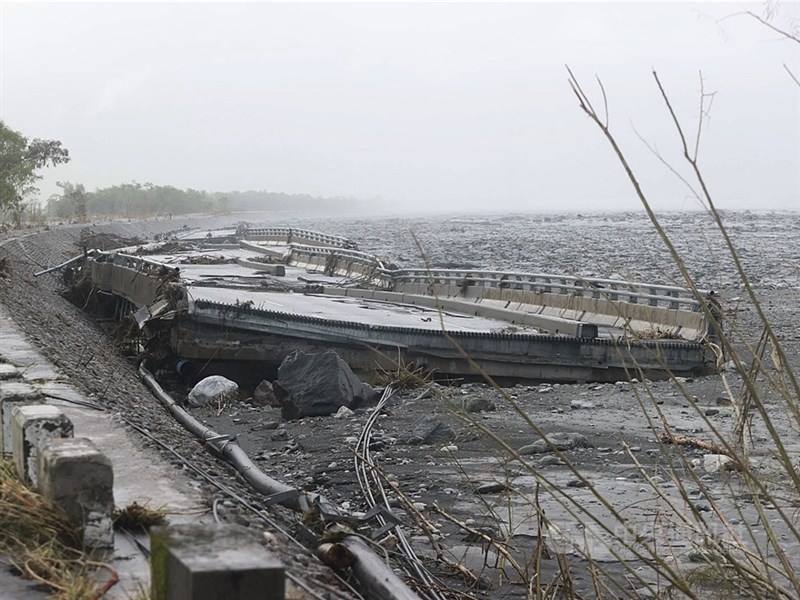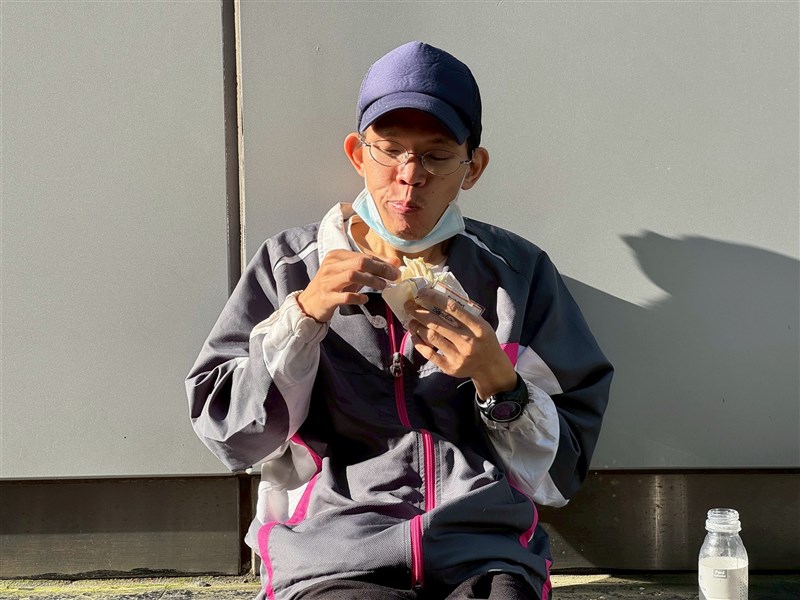FEATURE/Fighting homelessness: Destigmatization, job support, volunteer care
02/11/2024 04:13 PM
Homelessness has been stigmatized for decades, thought of as only affecting people who are down on their luck or suffering from unidentified disabilities.
(Full text of the story is now in CNA English news archive. To view the full story, you will need to be a subscribed member of the CNA archive. To subscribe, please read here.)
More in FEATURE
![Hualien flood leaves Taiwan grappling with disaster response gaps]() Hualien flood leaves Taiwan grappling with disaster response gapsOn Sept. 23, a historic downpour caused the Matai'an Barrier Lake in Hualien to burst its banks, sending 60 million tons of water and debris through Guangfu Township and killing at least 19 people.10/16/2025 05:02 PM
Hualien flood leaves Taiwan grappling with disaster response gapsOn Sept. 23, a historic downpour caused the Matai'an Barrier Lake in Hualien to burst its banks, sending 60 million tons of water and debris through Guangfu Township and killing at least 19 people.10/16/2025 05:02 PM![Fala Formosa! Taiwanese expats to Brazil carve 7 decades of immigrant stories]() Fala Formosa! Taiwanese expats to Brazil carve 7 decades of immigrant storiesSão Paulo is not typically thought of as a hotspot for Taiwanese restaurants and Boba tea shops, much less places that attract long lines of patrons.10/03/2025 04:08 PM
Fala Formosa! Taiwanese expats to Brazil carve 7 decades of immigrant storiesSão Paulo is not typically thought of as a hotspot for Taiwanese restaurants and Boba tea shops, much less places that attract long lines of patrons.10/03/2025 04:08 PM![A recipe for daily life: Taipei's homeless struggle to find food]() A recipe for daily life: Taipei's homeless struggle to find foodUnlike most Taipei residents, Chang Yun-hsiang's (張雲翔) first view in the morning is the open sky. His alarm is the sound of increasing vehicular and pedestrian traffic near Taipei Main Station, where he sleeps on the street a block away.09/20/2025 03:34 PM
A recipe for daily life: Taipei's homeless struggle to find foodUnlike most Taipei residents, Chang Yun-hsiang's (張雲翔) first view in the morning is the open sky. His alarm is the sound of increasing vehicular and pedestrian traffic near Taipei Main Station, where he sleeps on the street a block away.09/20/2025 03:34 PM
Latest
- Business
Sentiment among manufacturers improves for 5th straight month
12/26/2025 06:50 PM - Society
Taipei knife attack reveals gaps in Metro police deployment
12/26/2025 06:19 PM - Business
U.S. dollar closes lower on Taipei forex market
12/26/2025 04:41 PM - Business
Taiwan shares end higher, led by large cap tech stocks
12/26/2025 03:56 PM - Politics
Legislature passes motion to start impeachment proceedings against Lai
12/26/2025 03:42 PM


